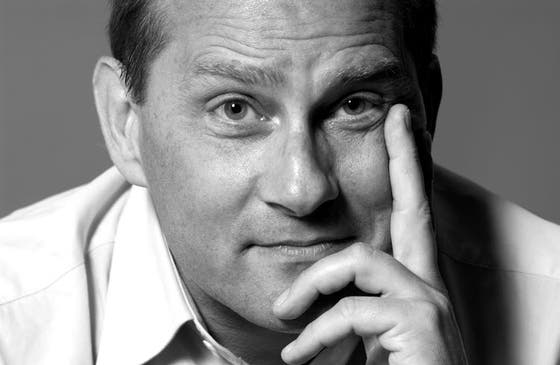Lex Eggermont appointed as professor of Immunotherapy at UMC Utrecht

Scientific director of the Princess Máxima Center, Lex Eggermont, has been appointed professor of Clinical and Translational Immunotherapy at the Faculty of Medicine of Utrecht University. His professorship commences today and stands for the reinforcement of developments in immunotherapy for both adult and pediatric oncology. ‘I hope to foster accelerated integration and a thriving culture of collaboration.’
The appointment of Lex Eggermont gives a boost to developments in immuno-oncology in both children and adults. The expansion of research and care in this area will be an important focus of the Princess Máxima Center in the coming years. Upon appointment to the Faculty of Medicine, the professor will be employed by UMC Utrecht and will have a chair at Utrecht University as a professor.
Win-win
Eggermont is originally a specialist in melanoma, a form of skin cancer. The outlook for this disease has been transformed over the last decade, thanks to the development of the first immunotherapies. Now, immunotherapy is also starting to make a difference in children with cancer.
Eggermont sees his appointment as an important strategic move through which adult and pediatric oncology can further strengthen each other. The childhood cancer world is ahead in clinical applications of CAR-T cells; adult oncology is at the forefront of modulating the immune system with so-called checkpoint inhibitors. Both areas have a lot of scope for growth and can reinforce each other. Eggermont: ‘I am committed to the win-win between the Máxima center and UMC Utrecht. I hope to encourage accelerated integration and a thriving culture of collaboration between the two.’
Developing the framework for collaboration
The integration of expertise with partners at the Utrecht Science Park is a logical step in the development of the Máxima, says Eggermont. The main priority is cooperation and integration with the Wilhelmina Children's Hospital and the UMC Utrecht. Firstly in a practical sense with shared operating rooms and intensive care units, through radiotherapy and radiodiagnostics facilities and through the laboratory and pharmacy infrastructure.
Collaboration on research programs is just as important. For example, in studying the immune landscape surrounding tumors, known as ‘immune profiling’, and in bioinformatics research to for smarter development of new and better drugs. With Eggermont's professorship, the Máxima will have an even closer connection with the Cancer strategic program at the UMC Utrecht. This should provide added value for all partners.
Integrate, not duplicate
Eggermont: ‘One of my main aims is to bring about integration between scientists and to remove barriers. In order to secure developments in immunotherapy for children as fast as possible, we need to integrate, not duplicate.’
